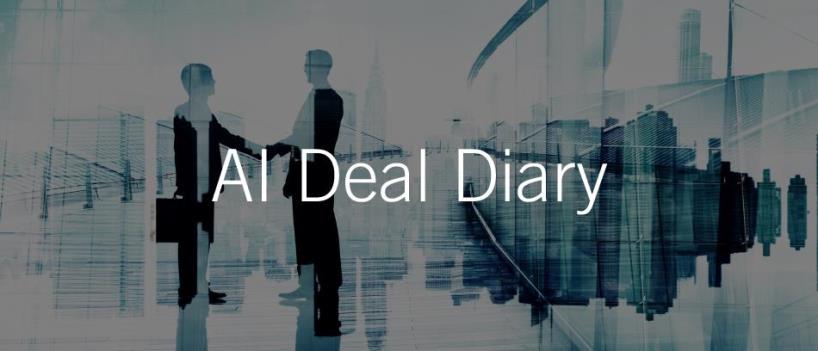
With DeepMind claiming that its AI system – AlphaCode – can “write computer code at a competitive level,” a milestone may have been reached. The ability of a machine to match the coding skills typical of human intelligence, if true, represents a moment that many believe would represent a new era in AI capabilities.
For David Bernard, the founder of behavioural assessment firm AssessFirst, such narratives are a little too simplistic, but he doesn’t doubt that AI will soon be outperforming humans in several notable fields. Here, David looks at the sectors where AI is currently outperforming humans.
1. Recruitment
Recruitment that accounts for soft skills is far more complex than people may think – with so many combinations of possibilities, combined with the multiple combinations of behavioural attributes that even the most proficient psychologist in the field would need to understand; suggesting that one person could then relate these attributes to a specific job and have a high degree of confidence in the success of the future hire is simply incomprehensible.
To also do this at scale, comparing multiple candidates for one job, is a task that the human brain could not process all on its own. AI alleviates these pressures. What we have created at AssessFirst, for example, is a platform that removes the unconscious biases which hamper traditional recruitment methods, increasing workplace diversity while ensuring the best candidate for the job is hired.
Our AI-led system prioritises personality over formal experience, ensuring that candidates have the right traits, skills and motivations for the role. AI-led recruitment is revolutionising the recruitment field, offering a solution to modern recruitment issues that traditional methods can’t compare with.
2. Refereeing
The world of amateur football and refereeing is facing a shortage crisis, particularly in the youth division, which, unsurprisingly, can be attributed to the ongoing effects of the pandemic.
And stepping in to fill this gap is CoCoPIE, a software start-up that’s bringing AI capabilities to the pitch through applications on mobile devices.
One of the key elements this AI solution brings is the ability to provide real-time processing. While this may not be ideal for calling fair play on tackles, it can however, be used to call offsides. With such solutions in place, understaffed amateur games, such as those lacking human referees, could still ago ahead.
3. Coding
If there’s one thing developing businesses want AI for, it’s to reduce time and therefore overall costs of performing work.
In the realm of competitive coding, DeepMind’s ‘AlphaCode’ was able to score a significant win against human programmers, easily sitting in the top 54% of the 5,000 participants spanning over 10 contests.
The advancement in the speed of which coding can be completed will allow greater opportunity for expression from creative coders. While AI systems such as AlphaCode have outperformed human competitors, both humans and AI systems can work together in this regard. Where AlphaCode will save time, creative web developers will have more room for experimentation, which may see an increase in more unique web applications that are enhanced with creative user interfaces.
4. Electronic engineering
The recent developments we’ve seen in AlphaCode are ground-breaking, but electronic engineering is an industry which has been seeing unprecedented advancements in AI and machine learning for a long time. Google’s approach, which uses AI and machine learning software to design floorplans for microchips, has improved both time-efficiency and accuracy.
With the success of designing microchips relying solely on the floorplanning and placements that takes place prior, the involvement of AI reduces the risk of human error, not only speeding up the process of development, but also increasing the positive outputs.
With the development of more successful and reliable microchips, essential requirements including speed and processing, as well as power efficiency, can be sold with more confidence.
5. Medicine
Perhaps one of the most intriguing and life-changing developments in the ever-evolving lifespan of AI is within the medical field.
Developments undertaken at the University of Nottingham in the UK have presented us with a “machine learning algorithm”. This claims to better predict premature deaths in middle aged people.
This is not to discourage the work of doctors around the world – but rather to further support the ability for medical intervention and care to occur when and where it is needed most.
In a world where technology is advancing at rapid rates and is being integrated into industries we never once could’ve imagined, it’s intriguing to see how AI will continue to alter and improve aspects of our day-to-day life.




















